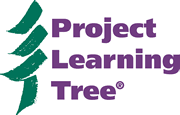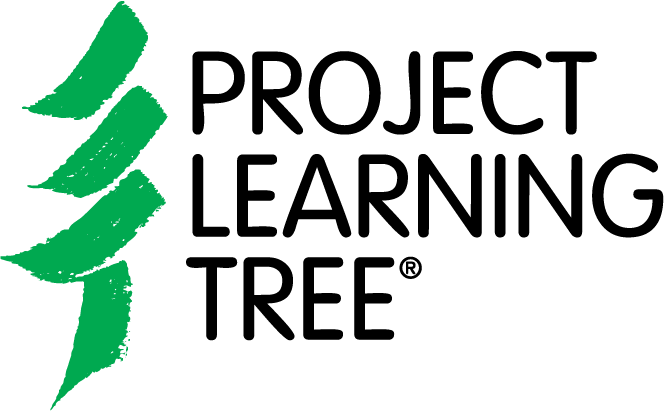Environmental education resonates through the hallways of Fishburn Park Elementary School in Roanoke, Virginia, where students promise to continue caring for the earth at school and at home. The school, which bases its environmentally focused K-5 curriculum on Project Learning Tree, won a coveted Green Ribbon School designation several years ago from the U.S. Department of Education. Many of the school’s teachers have participated in PLT training.
Evidence of Fishburn Park’s environmental focus is everywhere, from the many outdoor learning areas on the school’s 10-acre campus, to the hallways of the school’s main building, Trout Hall.
School Site Investigation
The school’s grounds include two pond habitats, a large vegetable garden, separate raised garden beds for each grade, a butterfly habitat and migratory bird station, a recycling/compost center, and walking trails. Fishburn Park students plant and cultivate a variety of native Virginia trees and plants; in one year alone, they planted 24 indigenous trees on the campus. The school also boasts a grove of sugar maple trees, planted in the 1990s and now reaching maturity. With help from a Virginia Department of Forestry forester, students tap the trees in the early spring to make maple syrup.
Trout Hall hosts a multitude of creatures, including salt and freshwater fish, lizards, turtles, birds, and a worm habitat. The school’s hallways are home to “grow carts” for plants, and feature displays of Fishburn Park students’ environmental artwork.
Water Investigation
Water conservation is a major focus at Fishburn Park. Three large rain barrels, installed with help from community business partners (Lowes, Coca Cola, and Norfolk Southern), are connected to the school’s gutters, and students use the collected rainwater to hand-water raised garden beds. All growing beds are mulched with natural materials to reduce water evaporation from the soil, as well as erosion and water runoff.
One group of 4th graders collected samples from nearby streams and conduct tests to determine pH levels, temperature, turbidity, and dissolved oxygen. Their findings led to classroom discussions about the health of the stream.
When 3rd graders conducted similar tests on a school pond, they found it was not a healthy environment for aquatic life, and researched ways to make the pond healthier. As a team, the students decided to clean the pond, add fresh water, and add new fish and plants. They then monitored the pond to see if their efforts made a difference. Even the youngest students at Fishburn Park participate in water conservation activities; kindergarten classes have developed a program to teach other children how to conserve water.
Waste & Recycling Investigation
Recycling and composting also are important to Fishburn Park’s culture of environmental stewardship, and the school’s efforts have become a model for the entire Roanoke school district. For example, the cafeteria replaced Styrofoam products with compostable cardboard-based materials. By composting these products and cafeteria food waste into soil, Fishburn Park cut trash dumpster use by nearly 50 percent.
Fishburn Park’s 2nd graders participate in Virginia’s “Trout in the Classroom” program. They raise trout from eggs and care for the growing hatchlings, monitoring the temperature and pH level of the fish tanks until the exciting day when the students can release the young trout into a Virginia river.
All aspects of Fishburn Park’s curriculum are geared toward improving students’ STEM (science, technology, engineering, and math) skills through hands-on environmental learning. Students practice critical thinking, conduct investigations, and learn to apply problem-solving and research skills to answer questions like “Why aren’t the seeds germinating?” and “Why is the corn infested with stink bugs?” They keep journals to explain and visualize their thinking, and use graphs and charts to communicate their knowledge. They collect data on local and global environmental problems, and develop action plans to implement local solutions.


